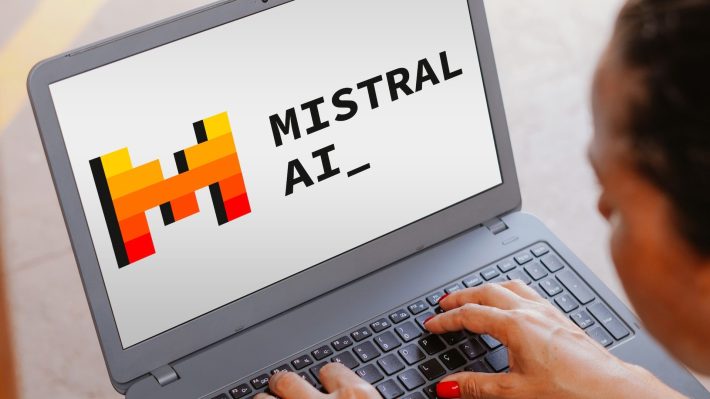The U.K.’s Competition and Markets Authority (CMA) is launching preliminary enquiries into whether the close-knit tie-ups and hiring practices involving Microsoft, Amazon and a trio of AI startups falls within the scope of its merger rules — and whether the arrangements could impact competition in the U.K. market.
The announcement comes amid growing scrutiny of Big Tech’s approach to M&A in the world of AI, where critics argue that the so-called “quasi-merger” has emerged as the flavor of the day as a means of bypassing regulatory scrutiny. Earlier this year, the Federal Trade Commission (FTC) launched its own enquiries into Alphabet, Amazon and Microsoft’s various investments in emerging AI companies to establish whether the “partnerships pursued by dominant companies risk distorting innovation and undermining fair competition.”
At the same time, governance around so-called “foundational models” (also “foundation” or “frontier” models) has also been on the regulatory agenda in Europe and elsewhere. Foundation models are basically the underlying infrastructure on which other AI systems can be built, and they serve as large-scale models that can be used for a variety of tasks.
The CMA’s executive director of mergers, Joel Bamford, said that the regulator is inviting comments from relevant parties as part of its evidence gathering. The CMA is assessing whether these various partnerships are akin to mergers from a regulatory standpoint, and whether it might impact competition in the U.K.’s fast-growing AI industry.
“Foundation models have the potential to fundamentally impact the way we all live and work, including products and services across so many U.K. sectors – healthcare, energy, transport, finance and more,” Bamford said in a statement. “So open, fair, and effective competition in foundation model markets is critical to making sure the full benefits of this transformation are realised by people and businesses in the U.K., as well as our wider economy where technology has a huge role to play in growth and productivity.”
Competition
The U.K. has previously noted concerns around how the forging of partnerships involving “key players” in the foundation model space could help the “incumbent technology firms” (i.e. Big Tech) protect themselves from competition. A straightforward acquisition would undoubtedly draw regulatory scrutiny, but partnerships, investments and “acqui-hires” could be a way of circumventing this oversight — or so the argument goes.
Microsoft’s investment in, and close partnership with, ChatGPT-maker OpenAI attracted the CMA’s scrutiny late last year, and the regulator launched a formal “invitation to comment” aimed at relevant stakeholders in the AI and business spheres. The European Commission (EC) followed suit with a similar investigation in January.
Much has happened since then, though. Microsoft hired the core team behind Inflection AI, a U.S.-based OpenAI rival that the software giant had previously invested in. Earlier this month, Microsoft launched a new London AI hub fronted by former Inflection and DeepMind scientist, Jordan Hoffmann.
Elsewhere, Microsoft also recently invested in Mistral AI, a French AI startup (and double unicorn) working on foundational models.
A Microsoft spokesperson said that it will provide all the information needed by the CMA to complete its inquiries swiftly.
“We remain confident that common business practices such as the hiring of talent or making a fractional investment in an AI startup promote competition and are not the same as a merger,” the spokesperson said.
Amazon, for its part, recently completed a $4 billion investment in Anthropic, another U.S.-based AI company working on large language models.
An Amazon spokesperson called the CMA’s move to review a collaboration of this type “unprecedented,” particularly when its partnership with Anthropic doesn’t give it a seat on the company’s board or even an observer’s role — unlike Microsoft, which did eventually procure a non-voting “observer” role on OpenAI’s board last year. The spokesperson also noted that it isn’t restricting Anthropic’s ability to run models across different clouds.
“By investing in Anthropic, which has just released its industry-best new Claude 3 models, we’re helping make the generative AI segment more competitive than it’s been the last couple years,” the spokesperson said in a statement issued to TechCrunch. “And, customers are very excited about the opportunities this collaboration is providing them. We’re confident that the facts speak for themselves, and hope the CMA agrees to resolve this quickly.”
The CMA’s initial invitation to comment runs from today through May 9, a period known as “pre-notification.” This may lead to a formal “phase 1” review that will engage the target companies directly — in this case, Microsoft and Amazon. The whole phase 1 review period, if it progresses to that, must be completed within 40 days, after which the CMA must decide whether the partnerships qualify as a “relevant merger.”
